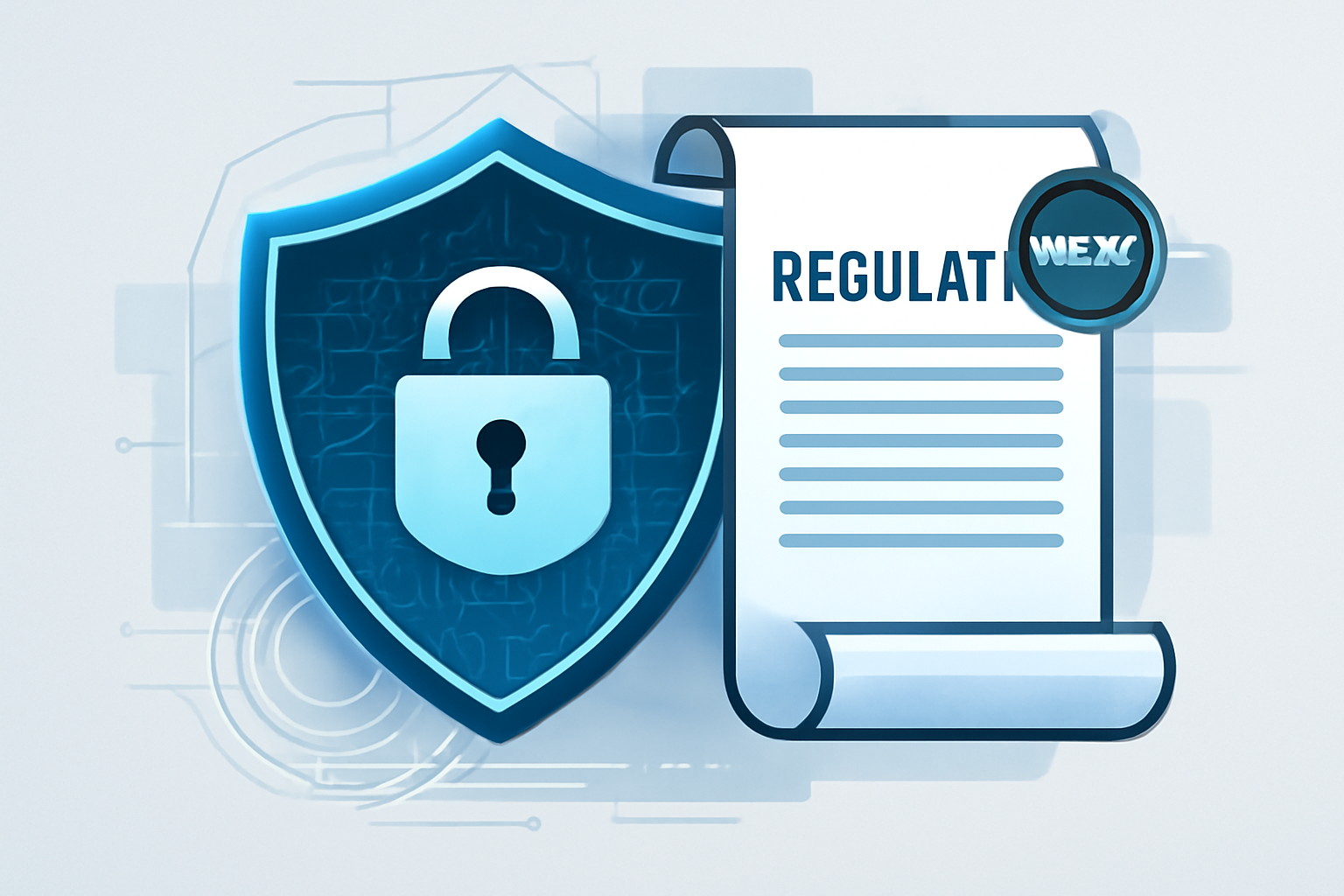In today’s digitally driven ecosystem, the safeguarding of personal and organizational data has become more than just a regulatory requirement—it’s a foundational element of consumer trust and business integrity. With the rise in data breaches, cyberattacks, and cross-border data exchanges, governments and regulatory bodies across the world have introduced new data protection laws aimed at ensuring stronger control, transparency, and accountability in how data is collected, stored, and processed.
Key Global Regulations Reshaping Data Protection
General Data Protection Regulation (GDPR) – European Union
The GDPR, effective since May 25, 2018, remains the gold standard in data privacy laws. It affects not just EU-based companies but any organization handling the personal data of EU residents.
-
Key Provisions:
-
Right to be forgotten
-
Data portability
-
Explicit consent mechanisms
-
Data breach notification within 72 hours
-
Heavy penalties (up to €20 million or 4% of global revenue)
-
Organizations must demonstrate privacy-by-design approaches and maintain detailed data processing records. Non-compliance can result in reputational and financial damage.
California Consumer Privacy Act (CCPA) – United States
The CCPA, in effect since January 1, 2020, empowers California residents with greater control over personal data collected by businesses.
-
Consumer Rights Under CCPA:
-
Right to know what personal data is collected
-
Right to delete personal data
-
Right to opt-out of data selling
-
Right to non-discrimination for exercising CCPA rights
-
With the passage of the California Privacy Rights Act (CPRA) in 2023, compliance requirements became more robust, aligning closely with GDPR principles.
Digital Personal Data Protection Act (DPDPA) – India
India introduced the Digital Personal Data Protection Act in 2023, signaling a landmark shift in the country’s data governance framework.
-
Salient Features:
-
Consent-based data processing
-
Obligations on data fiduciaries and processors
-
Stringent rules for cross-border data transfers
-
Formation of Data Protection Board of India
-
This act applies to both domestic and international entities dealing with the data of Indian citizens, emphasizing transparency, accountability, and user consent.
China’s Personal Information Protection Law (PIPL)
Effective from November 1, 2021, the PIPL represents China's most comprehensive law on personal information protection.
-
Highlights Include:
-
User consent must be informed, voluntary, and explicit
-
Data localization for critical information
-
Legal basis for cross-border transfers
-
Severe penalties for non-compliance
-
The law complements existing regulations like the Cybersecurity Law (CSL) and Data Security Law (DSL), forming a tripartite framework for information governance.
Key Concepts Introduced in Modern Data Protection Laws
1. Lawful Basis for Data Processing
Modern regulations mandate that personal data processing must be based on a legal ground. Whether it is user consent, contractual necessity, or legitimate interest, organizations must clearly justify and document the reason for data collection.
2. Enhanced Consent Requirements
Regulations have moved toward granular consent, requiring users to opt-in explicitly and separately for different purposes, such as marketing, analytics, and third-party sharing. Pre-ticked boxes and bundled consents are no longer compliant.
3. Right to Access and Erasure
Consumers now possess powerful rights to access their personal data, correct inaccuracies, and request deletion—also known as the “right to be forgotten”. Businesses must enable these rights through transparent and accessible mechanisms.
4. Data Minimization and Purpose Limitation
Organizations are compelled to collect only what is necessary for the specified purpose and are restricted from repurposing data without renewed consent. This approach fosters ethical data management and risk reduction.
Impact on Businesses: Compliance Challenges and Strategic Implications
Operational Adjustments
Businesses must now re-evaluate their data lifecycle, from collection and storage to processing and disposal. This includes:
-
Updating privacy policies
-
Overhauling data architecture
-
Employing data protection officers (DPOs)
-
Investing in cybersecurity and encryption protocols
Third-Party Risk Management
Vendors and partners who handle consumer data are also under scrutiny. Companies must conduct regular audits, sign data processing agreements, and ensure end-to-end compliance throughout the supply chain.
Cross-Border Data Transfers
New regulations have introduced stringent requirements for transferring data across borders, necessitating standard contractual clauses, adequacy decisions, or binding corporate rules (BCRs). Non-compliance can block international operations and cause significant legal consequences.
Penalties for Non-Compliance
The financial repercussions of violating data protection laws are substantial. In 2023 alone:
-
Meta was fined €1.2 billion by Irish regulators under GDPR.
-
Amazon and Google have faced multi-million-dollar fines for CCPA violations.
-
Chinese regulators issued heavy penalties on domestic and foreign firms under PIPL.
These figures underscore the importance of proactive compliance strategies to avoid both monetary loss and brand erosion.
Technological Innovations Supporting Compliance
To meet evolving requirements, organizations are adopting advanced privacy tech solutions:
-
Privacy Management Platforms for consent tracking and documentation
-
AI-driven Data Discovery Tools to identify and categorize sensitive data
-
Data Loss Prevention (DLP) systems to detect and prevent unauthorized sharing
-
Zero Trust Architectures for network security and access control
These technologies aid in automating compliance, reducing human error, and enhancing audit readiness.
Future Outlook: Evolving Landscape of Data Protection
As digital innovation accelerates, we anticipate more jurisdictions implementing comprehensive privacy regulations, inspired by frameworks like GDPR and CCPA. Technologies like AI, IoT, and blockchain will introduce new privacy challenges, prompting further legal evolution.
Organizations that embed privacy into their culture and operations will be better positioned to navigate these changes and earn the trust of privacy-conscious consumers.




